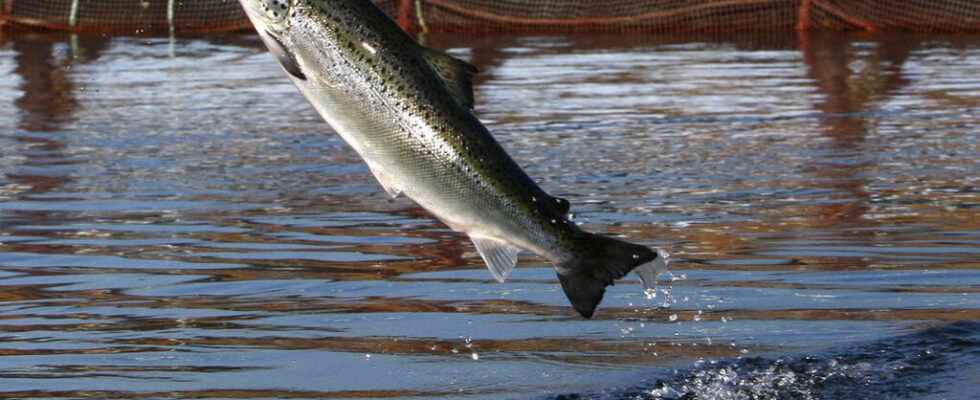The United Nations is at the bedside of the oceans during a major UN conference on the subject this week of June 27, 2022 in Lisbon. All the lights are red: rising temperatures, acidification, rising waters and overfishing. Faced with the latter, apart from the international agreements that are beginning to be adopted, a solution is presented as more sustainable: aquaculture.
With our special correspondent in Lisbon, Simon Roze
Some 214 million tonnes is the production in 2020 from fisheries and aquaculture. It now exceeds capture fishing and is on the rise. Humanity is consuming more and more seafood: 20 kilos per person per year on average was half as much in the 1960s.
” The sustained growth in production in the sector has been essentially linked since the 1990s to growth in the production of the aquaculture sectorExplain Marc Taconet of the FAO, who worked on this report. This means that they are implementing a number of measures that will allow greater and more sustainable production, both environmentally and socially.. »
Need for more sustainable aquaculture
The FAO therefore recommends intensifying aquaculture at the expense of capture fishing. The latter always has particularly harmful effects: a third of the fished stocks are not fished in a sustainable way and this bad figure is increasing.
” The overfishing figures presented by the FAO are terrifying, and we are heading for the wallworries Guillermo Antonio Crespo, researcher at the Stockholm Resilience Center. We have a growing population that needs more seafood, and the UN tells us year after year that we continue to overfish, so is aquaculture the solution? Yes, it can be a source of nutrients. But not all of its forms are durable. It can lead to the degradation of mangroves or coastlines, so it needs infrastructure. It’s not as simple as that. »
The needs are growing, the practices often unsustainable. Faced with this observation, the FAO calls for a change in practices in favor of what it calls a blue transformation.
It is a project to sustain fishing and to allow Gabonese to eat more fish.
The Gabon Bleu initiative of marine reserves to avoid overfishing
►Also listen: Africa economy – Fishermen in Senegal between lack of fuel and scarcity of fish
